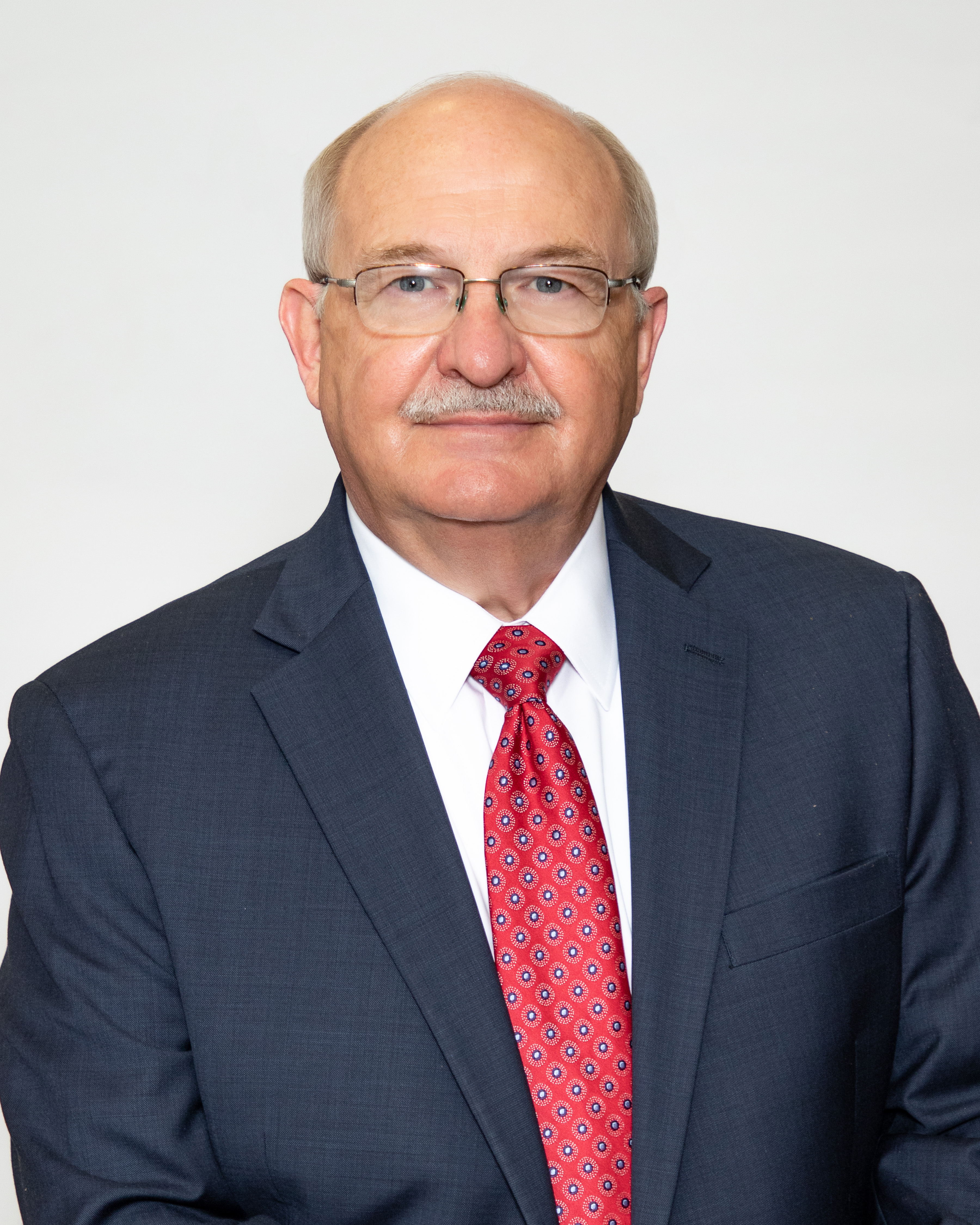A virtual dedication ceremony was held for the Donald E. Williamson, M.D., State Health Laboratory located on Legends Court in Prattville on January 15. The dedication was originally scheduled for April 2020, but the date had to be postponed due to the onset of the COVID-19 pandemic.
The Bureau of Clinical Laboratories facility is named in honor of Dr. Williamson who served the Alabama Department of Public Health for 29 years, including his tenure as state health officer from 1992 to 2015.
Following a virtual introduction by State Health Officer Dr. Scott Harris, Gov. Kay Ivey and former State Health Officer Dr. Donald Williamson made remarks. Then photographs of the facility and a video speed-walk through the laboratory were made available electronically to the news media and public.
In marking this milestone, Dr. Harris said, “We are very pleased to dedicate this state-of-the-art laboratory. The increased capacity of this facility enhances our ability to respond and features the latest technical and mechanical systems which will increase safety and security for our employees.”
Dr. Harris summarized a few of Dr. Williamson’s many accomplishments that include establishing the Alabama Public Health Care Authority, which is responsible for building and maintaining public health infrastructure throughout the state, and for establishing the nation’s first approved Children’s Health Insurance Program which resides in public health. He said Dr. Williamson is known for his compassion, integrity and “true heart for public health.”
In her virtual address, Governor Ivey said, “As governor, I’ve made protecting the health and safety of the people that call Alabama home a top priority. The COVID-19 pandemic has underscored the importance of our state’s public health laboratories, and I’m confident this state-of-the-art facility will play a vital role in safeguarding public health for many years to come.”
 In voicing his gratitude for this very special recognition, Dr. Williamson noted that God has blessed him beyond measure in his personal and professional life. He expressed his deep appreciation to his family and thanked the State Committee of Public Health for giving him the unique honor of serving as state health officer, their support for him in that role, and their friendship through the years. He thanked former State Health Officer Dr. Tom Miller, Dr. Harris and the thousands of public health employees whose efforts helped the lab become a reality.
In voicing his gratitude for this very special recognition, Dr. Williamson noted that God has blessed him beyond measure in his personal and professional life. He expressed his deep appreciation to his family and thanked the State Committee of Public Health for giving him the unique honor of serving as state health officer, their support for him in that role, and their friendship through the years. He thanked former State Health Officer Dr. Tom Miller, Dr. Harris and the thousands of public health employees whose efforts helped the lab become a reality.
He concluded, “This completes a dream that began almost a quarter century ago. This new lab is not only a building to provide public health services, but it is a symbol of public health’s commitment to meeting the health needs of Alabama for generations to come. This is one the moments of my professional life that I will cherish forever.”
For more than a century, Alabama’s public health laboratories have provided high quality services that have played a crucial role supporting the health of Alabamians. Planning efforts for the $30 million project began in 2013 when a feasibility study was conducted. Prime considerations included the need for improved biosafety and biosecurity to ensure continued compliance with national regulatory requirements.
The laboratory replaced a leased facility on the Auburn University Montgomery campus built in the late 1970s. The laboratory relocation took place at the end of August 2020, under the leadership of Drs. Sharon Massingale and Aretha Williams, director and assistant director of the Bureau of Clinical Laboratories, and opened August 28, 2020.
The new laboratory facility offers an open laboratory concept that allows for flexibility, although there are closed spaces for special testing such as bioterrorism, tuberculosis, newborn screening, and molecular biology laboratories. Laboratory space consists of 21,000 square feet of Biosafety Level-2 and 4,500 square feet of Biosafety Level-3 laboratories. The 12-acre site overlooks the beautiful Robert Trent Jones Golf Course.
(Article previously published in the April 2022 issue of Alabama's Health.)